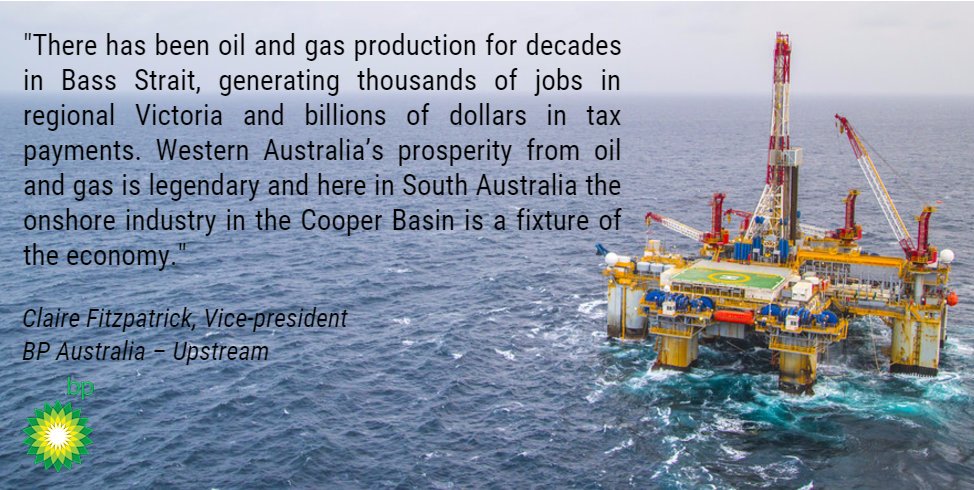Australia’s economic stability depends on reliable supplies of cheap energy, mostly in the form of coal and oil. Members of remote communities would be the first to suffer if fuel became difficult to obtain, or if prices surged. For example, in my community of Kangaroo Island, everything depends on oil. Without oil there would be no ferry or planes to the island. There would be no fishing, no farming, no way for tourists to travel to or around the island, or on boat trips or safaris, no food or furniture transported to the island, no building, no maintenance of infrastructure. In other words, no way to live.
It is in the best interests of all Australians to support and encourage responsible local energy development. Even more so for those who live in remote locations, or in communities dependent on tourism, fishing or farming.
This short survey will help you to review your knowledge of energy development, and your interest in balancing energy needs and concern for the environment.
Question 1
By far the greatest proportion of oil spilled into the ocean, about 45%, is from natural seepage. The highest proportion of human caused oil spills, about 25% of the total, occurs as an accumulation of day to day losses, the oil change tipped into a drain, for example, and minor operational spills like Sea Shepherd’s 500 litre diesel spill near the Great Barrier Reef in 2012. Another 20% comes from major transportation spills. Only about 5% of the total occurs during exploration and development. One key way of reducing ocean oil spills is to reduce the total volume of oil transported over long distances. Would you rather:
a. Continue the present risk of spills from large volumes of oil transported over long distances?
b. Reduce the risk of spills by encouraging responsible local energy development?
Question 2
Most of our current oil supply comes from Middle Eastern states. Most of these states are dictatorships, or ruled by a small elite. Some of them, including Saudi Arabia and Iran, use oil revenues to support terrorist groups. Would you rather:
a. Continue the present system of supporting states which fund terrorism and support undemocratic regimes?
b. Build Australian employment and expertise by encouraging local energy development, and have energy producers pay royalties which help fund local hospitals, roads, schools and pensions?

One of twenty-three oil rigs operating in the Bass Strait.
Question 3
Australia has very high environmental and safety standards for any energy development. Coal mining in China, for example, results in over 1,000 deaths per year from accidents, and a similar number from mining related pulmonary diseases. Pollution from poorly regulated mines and wells in countries governed by dictators or highly centralised non-democratic governments continues to be a major problem. Would you rather:
a. Continue present support for energy sources with a high risk of accident and pollution due to poorly regulated exploitation and transport operations?
b. Reduce the risk of environmental damage, disease and accident by encouraging responsible local energy development?
Question 4
Scientists have expressed concern that constant high levels of artificial ocean noise – noise pollution – may interfere with the migratory patterns of marine species including turtles, whales and salmon. The noise of waves slapping against the sides of an empty tanker is at a similar volume to that of acoustic imaging, which allows energy developers to identify likely sites for further exploration, reducing the need for and impact of exploratory drilling. But acoustic imaging is carefully monitored and takes place in any one location for only a few days. The sound of freighters and tankers plying the oceans is constant. Would you rather:
a. Continue the present system of high levels of ocean noise pollution and risk to migratory marine species?
b. Reduce ocean noise by encouraging responsible local energy development?
Question 5
Many of the states which supply our current oil needs have very poor human rights records. In particular, immigrants, women and gays are frequently treated as chattels or with horrendous brutality. Some of these states would not survive without the income from oil supplied to Western countries. Would you rather:
a. Continue to support regimes which torture and oppress gays and minority groups?
b. Work for human rights and justice by encouraging responsible local energy development?


